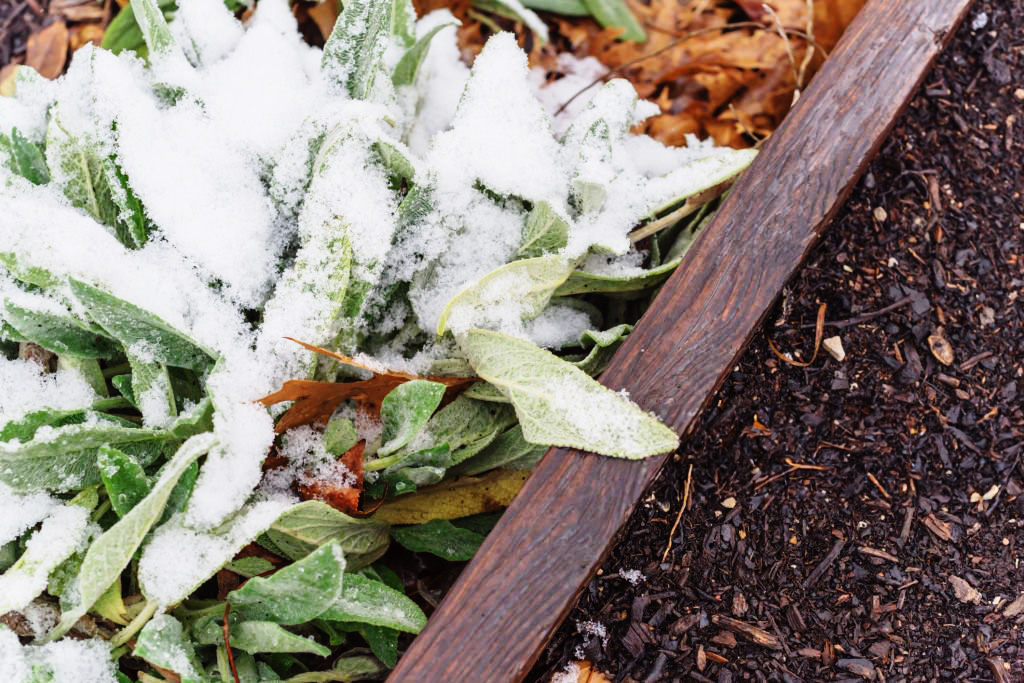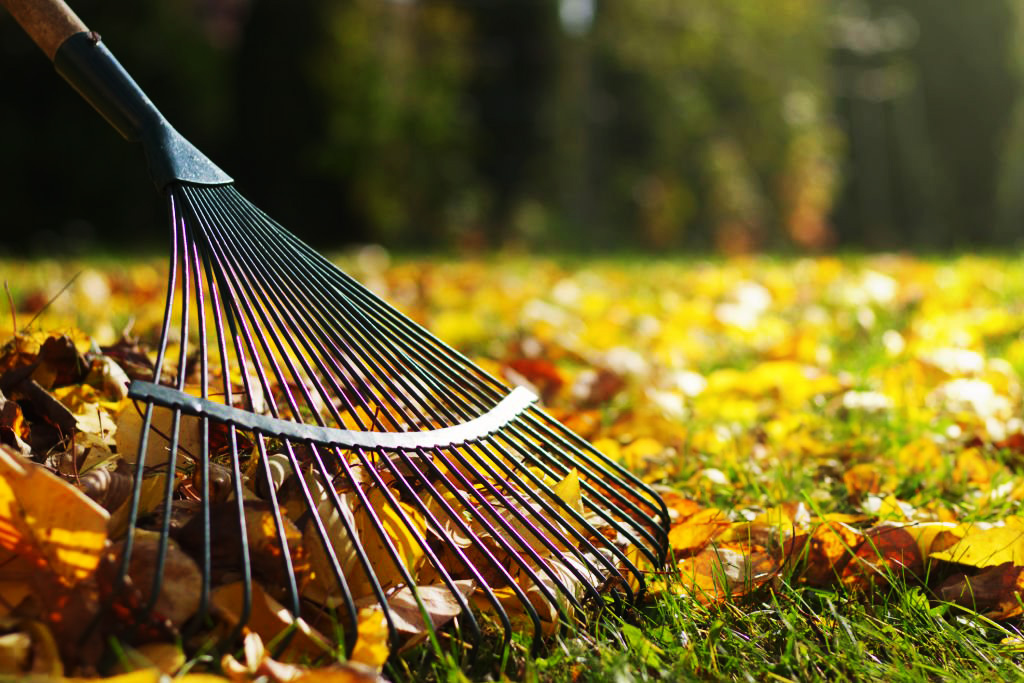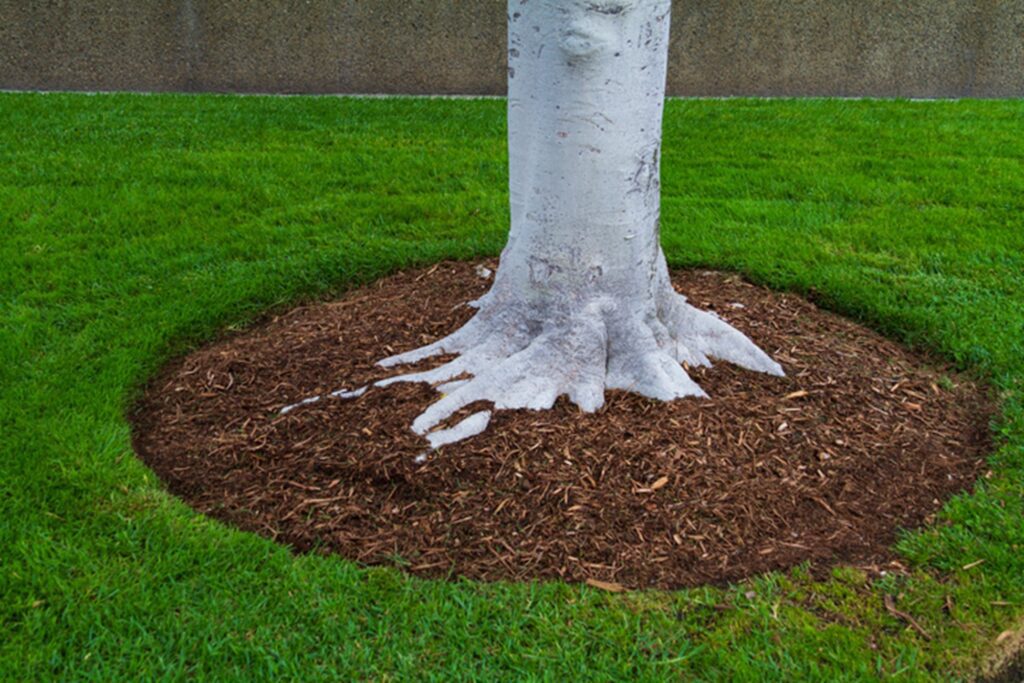5 Tips to Save Your Landscaping from a Texas Winter Freeze
November 18, 2023

As the winter season approaches, it is essential to prepare your landscaping to withstand the freezing temperatures and harsh weather conditions. A winter freeze can cause significant damage to your plants and outdoor living spaces if not properly addressed.
By taking the time to implement these simple measures, you can minimize potential damage, preserve the beauty of your outdoor space, and ensure the longevity of your plants. For professional assistance and expert guidance in outdoor design and landscaping, consider reaching out to Elegance Outdoor Living.
In this article, we will provide you with five valuable tips on how to prepare your landscaping before a Texas winter freeze, ensuring the protection and health of your plants and outdoor areas.
- Clear Debris and Dead Plants
- Add mulch to insulating plants
- Wrap & Cover Delicate Plants
- Drain your Irrigation Systems
- Prune and Trim Trees
- Pergola Covers

1. Clear Debris and Dead Plants
Clearing debris and removing dead plants from your landscaping is a crucial step before the onset of winter. Debris and decaying plants can harbor pests and diseases that can further damage your landscaping during the cold season. By clearing away debris, you prevent the spread of pests and diseases, ensuring the overall health of your plants. Proper disposal methods, such as composting or disposing of debris in designated areas, should be followed. Regularly inspect your landscaping for any debris or dead plants that need to be removed. Consider hiring a professional landscaping company to help you in the process.
In addition to removing debris, it is also important to address any dead plants in your landscaping. Dead plants not only detract from the overall appearance of your outdoor space but can also provide a breeding ground for pests and diseases. Remove any dead plants and dispose of them properly to prevent any potential issues. By clearing debris and removing dead plants, you create a clean and healthy environment for your landscaping to thrive in during the winter months.

2. Add Mulch to Insulate Plants
Mulching is an effective technique to regulate soil temperature, retain moisture, and protect the roots of your plants during winter. Apply a layer of mulch around your plants, leaving space around the base to prevent rot. Organic materials like wood chips or straw make excellent mulching options for insulation. Additionally, delicate plants can benefit from extra protection by insulating them with burlap or frost blankets. This provides an additional layer of defense against the cold temperatures and harsh elements.
Mulching not only helps to regulate soil temperature but also provides a barrier against weeds. By applying a layer of mulch around your plants, you inhibit weed growth, reducing competition for nutrients and water. This allows your plants to thrive and ensures that they receive the necessary resources to survive the winter freeze. Mulching is a simple and effective way to protect your plants and promote their overall health and well-being.
3. Wrap & Cover Delicate Plants
Delicate plants, such as young trees or sensitive perennials, require wrapping to shield them from the cold. Wrapping provides insulation and protection against windburn, desiccation, and damage caused by frost or ice. Use breathable materials like burlap and ensure the entire plant is securely covered. Start wrapping from the base and work your way up, ensuring that all vulnerable parts are protected. This extra layer of wrapping can make a significant difference in preserving the health and vitality of your delicate plants.
When wrapping delicate plants, it is important to consider their specific needs and requirements. Some plants may require additional support, such as stakes or cages, to prevent them from bending or breaking under the weight of snow or ice. Additionally, it is important to monitor the wrapping throughout the winter months and make any necessary adjustments. By providing proper wrapping and protection for your delicate plants, you ensure their survival and ability to thrive once the winter freeze has passed.
4. Drain your Irrigation Systems
To prevent damage from freezing water during winter, it is crucial to drain your irrigation systems properly. Start by disconnecting hoses and ensuring that any remaining water is completely drained to avoid burst pipes. It is also advisable to cover backflow preventers with insulated covers to protect them from freezing. Additionally, shut off the water supply to the irrigation system to prevent any water from entering the system during freezing temperatures. By taking these steps, you can safeguard your irrigation system from potential damage and ensure its proper functioning in the future.
In addition to draining your irrigation system, it is important to inspect and repair any leaks or damaged components. Small cracks or leaks in pipes can lead to further damage when water freezes and expands. By addressing any issues before the winter freeze, you can avoid costly repairs and ensure that your irrigation system is ready for use once the warmer months return. Regular maintenance and inspection of your irrigation system are essential for its longevity and efficiency.
5. Prune and Trim Trees
Pruning trees before winter is essential for promoting good tree health and preventing potential damage. Remove any dead, diseased, or weak branches to prevent them from falling during winter storms. Prune trees according to their specific requirements and growth habits. It is also important to trim branches that are close to structures or power lines to avoid potential hazards. By properly pruning and trimming your trees, you ensure their structural integrity and reduce the risk of damage caused by heavy snow or ice.
In addition to promoting tree health and preventing damage, pruning and trimming trees can also improve their overall appearance. By removing dead or overgrown branches, you create a more aesthetically pleasing shape and allow for better air circulation and sunlight penetration. Proper pruning techniques also stimulate new growth and ensure the long-term health and vitality of your trees. It is recommended to consult with a professional landscaper for larger tree pruning jobs to ensure that the process is carried out safely and effectively.
Consider adding a Patio Cover or Pergola
Have you ever considered a screened in porch for your backyard? Patio covers offer exceptional shelter and protect your landscaping during winter. These structures provide reliable protection against snow, ice, and inclement weather, ensuring your plants and outdoor furniture remain unharmed. You can also equipped your patio cover with heating lamps to add that extra bit of warmth. If you’re looking for the top Dallas patio builder, Elegance Outdoor Living specializes in outdoor design and landscaping in Dallas, TX.
FAQ
1. Why water plants before a frost?
Watering before a frost helps moisten the soil, retaining heat and providing insulation to protect plants from extreme cold.
2. Can I use plastics to cover plants?
While plastics can be used, it’s crucial to use breathable materials like burlap to prevent condensation and allow proper air circulation, preventing mold and moisture issues.
3. What is the best way to protect my plants from frost and freeze in Texas?
The best way to protect your plants from frost and freeze is by covering them with a frost blanket or any light, breathable fabric. This traps the heat from the soil and helps keep the plant warm during the cold night.
4. How do I protect my garden’s irrigation system from freeze damage?
To prevent freeze damage, drain the system by shutting off the water supply and opening all drains and faucets. Insulating exposed pipes can also help protect them from freezing temperatures.
Conclusion
Preparing your landscaping before a Texas winter freeze is of utmost importance to protect your plants and outdoor living spaces. By following these tips, including clearing debris, mulching, wrapping delicate plants, draining irrigation systems, considering patio covers or pergolas, and pruning trees, you can minimize potential damage and ensure the health and vitality of your landscaping. For expert assistance and professional guidance in outdoor design and landscaping in dallas, tx, trust the experts at Elegance Outdoor Living. Take action now to protect and preserve the beauty of your landscaping during the winter season.

Full-service Outdoor Living & Landscaping Company in Dallas, TX
(972) 740-3472
Leave a Reply Cancel reply
Follow for Latest News & Projects